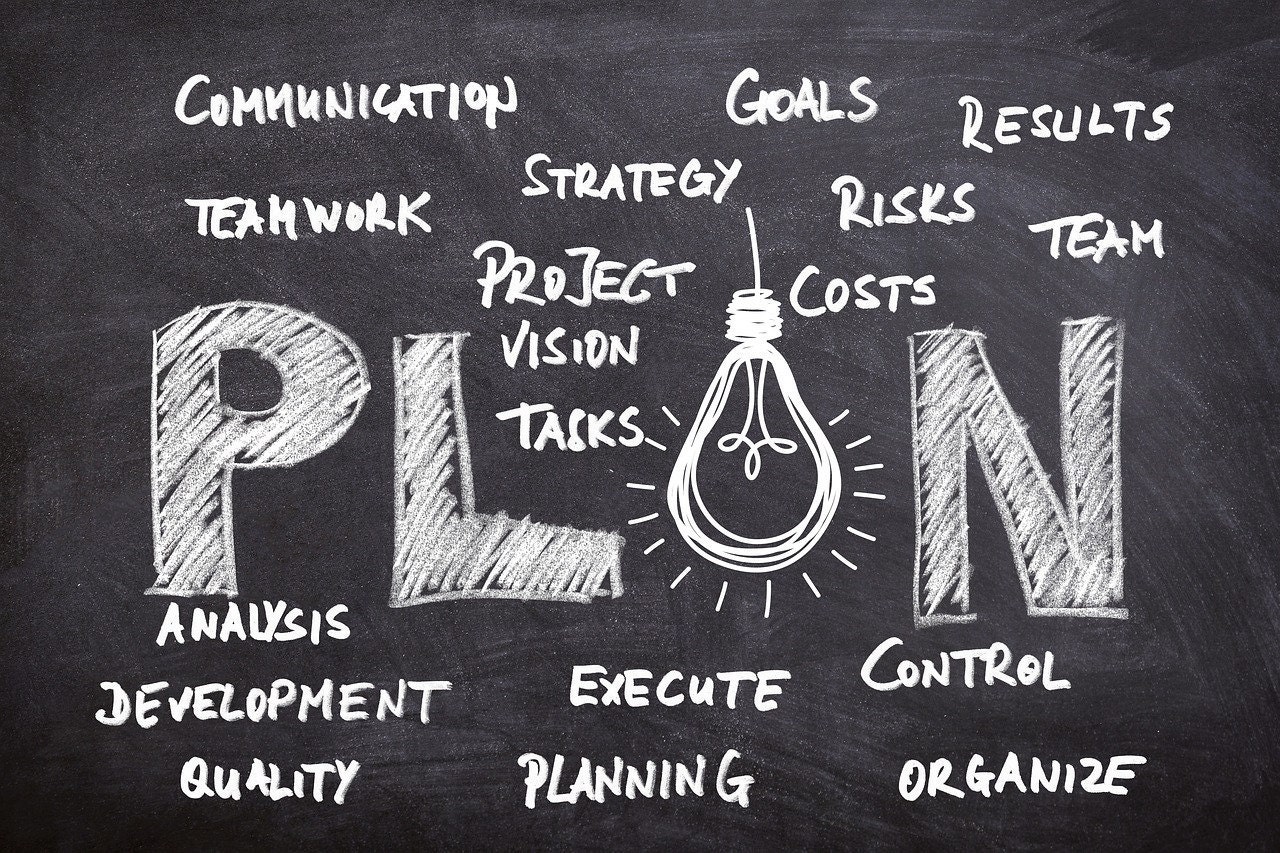In any organization, a project manager plays a crucial role in ensuring the successful execution of projects. From inception to completion, project managers oversee every aspect of a project, ensuring that it is on time, within budget, and meets the desired objectives. Let's delve deeper into what exactly a project manager does and why their role is so vital.
- Planning and Defining Scope: Project managers are responsible for defining the project scope, objectives, and deliverables. They work closely with stakeholders to understand their requirements and expectations, ensuring the project meets their needs.
- Resource Planning: Project managers identify and allocate resources, including team members, equipment, and materials, to ensure the project is properly resourced throughout its lifecycle.
- Time Management: Project managers develop detailed project schedules, setting milestones and deadlines to keep the project on track. They monitor progress, identify potential delays, and take corrective action to ensure the project stays on schedule.
- Budgeting and Cost Control: Project managers develop and manage project budgets, tracking costs and ensuring the project is within budget. They identify cost-saving opportunities and manage financial risks to minimize budget overruns.
- Risk Management: Project managers identify and assess risks that could impact the project's success. They develop risk mitigation strategies to minimize the impact of these risks and ensure that the project stays on track.
- Quality Control: Project managers ensure the project meets the required quality standards. They establish quality assurance processes, conduct quality reviews, and take corrective action to address any quality issues that arise.
- Communication: Project managers are responsible for keeping stakeholders informed about the project's progress. They communicate regularly with team members, stakeholders, and other project stakeholders to ensure everyone is aligned and informed.
- Team Leadership: Project managers lead and motivate their teams, ensuring team members are engaged and productive. They resolve conflicts, provide guidance and support, and create a positive work environment that fosters collaboration and innovation.
- Monitoring and Reporting: Project managers monitor key performance indicators (KPIs) to track the project's progress and performance. They prepare regular progress reports for stakeholders, highlighting achievements, issues, and risks.
- Closure and Evaluation: Finally, project managers oversee the closure of the project, ensuring that all deliverables are completed, and the project objectives are met. They conduct a post-project evaluation to identify lessons learned and areas for improvement.
In conclusion, a project manager plays a multifaceted role, requiring a diverse skill set that includes project planning, resource management, risk mitigation, and communication. Their ability to lead teams, manage budgets, and deliver projects successfully is crucial to the success of any organization.
